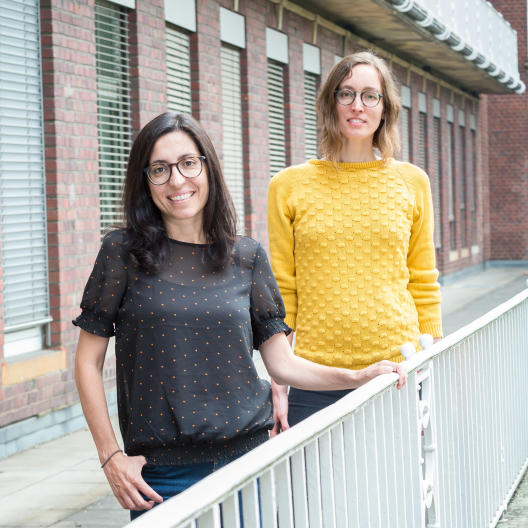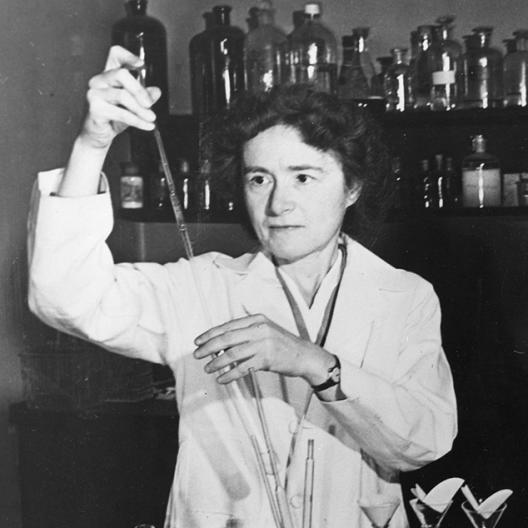New junior research groups at the Cluster of Excellence

New researchers join the Cells-in-Motion Cluster of Excellence at the University of Münster: this September, Dr. Noelia Alonso Gonzalez, a biologist, and Dr. Maria Bohnert, who studied molecular medicine, have started working as junior research group leaders. The researchers previously worked in Israel and the USA, among other countries, and now have the opportunity in Münster to build up their own research groups. They are being provided with funding through the newly developed Gerty Cori Programme at the Cluster of Excellence – a programme which is designed not only to provide support for outstanding female researchers in developing their careers, but also to help achieve equality for women in the research landscape. “We chose two promising junior researchers whose topics are highly interesting and well suited to the focus of our work,” says Prof. Lydia Sorokin, spokesperson of Cells-in-Motion. The funding is set to last initially for five years.
Dr. Noelia Alonso Gonzalez is investigating the behaviour of immune cells in inflammatory processes. One of the things she is interested in is how immune cells adapt molecularly to inflammation in various tissues in order to combat them correctly. In addition, she wants to understand how the immune system ensures that inflammatory reactions vanish in time, before they become chronic. Noelia Alonso Gonzalez’ research group is based at the Institute of Immunology at the Medical Faculty.
Her colleague Dr. Maria Bohnert is investigating how functional subunits within a cell communicate with each other. What she especially wants to understand is how fat storage organelles communicate with other components in the cell. Her aim is to discover more about the role of these fat storage organelles in both healthy and diseased organisms. Her particular interest is in special contact sites that connect various cell components with each other. Her group of researchers is located at the Institute of Cell Dynamics and Imaging, likewise at the Medical Faculty.

The Gerty Cori Programme
The Gerty Cori Programme at the Cells-in-Motion Cluster of Excellence is designed to increase the proportion of women in leading research positions, as well as to provide a career springboard for outstanding junior female researchers doing work in the Natural and Life Sciences. The programme is named after Gerty Cori, an Austrian-American biochemist, who did pioneering research into sugar metabolism. Working with her husband, she succeeded in identifying the D-glucose 1 phosphate which is involved in many metabolic processes. In 1947 Gerty Cori was the first woman to receive the Nobel Prize for Physiology or Medicine.

